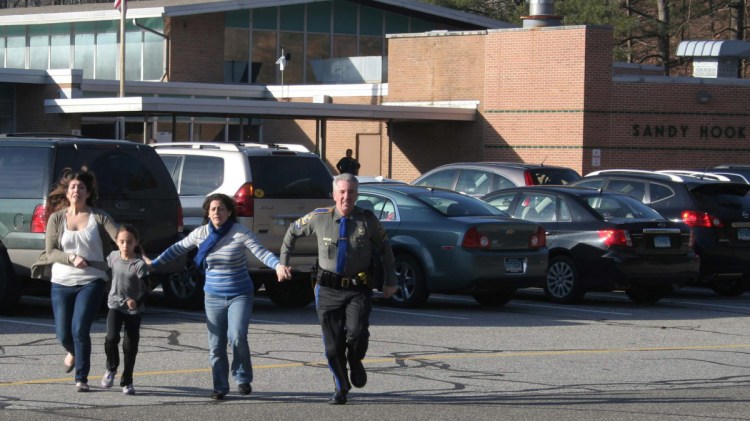Few online trends are as nauseating as the “false flag” conspiracy theories that mock genuine tragedies. It’s especially abhorrent that these virtual bottom-feeders rally around the singularly heartbreaking 2012 elementary school shooting at Newtown, Connecticut.
Some of these shameless sociopaths have even resorted to direct harassment of Newtown parents with demented claims that the shootings were hoaxes and that their dead children were actors. Understandably, some want Facebook to ban this garbage as the hate speech that it is.
In a letter last week, two Newtown parents appealed to Facebook founder Mark Zuckerberg to stop providing “a safe haven for hate.” The company’s response was somewhat incoherent, with Zuckerberg saying Facebook would remove any direct threats, but the company indicating it already has a policy against false claims about tragedies, even absent threats.
Facebook should tread carefully on banning content. An outright ban could give the ammunition of martyrdom these vile movements seek. Identifying their lies and countering them with facts is a more effective approach.
Adam Lanza’s rampage through Newtown’s Sandy Hook Elementary School on Dec. 14, 2012, remains the standard of horror by which our ever-growing roster of school shootings is measured. In addition to six adults, 20 children ages 6 and 7 were killed, the most innocent imaginable victims of a crazed shooter and the society that allowed him to wield multiple semi-automatic weapons and high-capacity magazines, all purchased – legally – by his mother. That this of all tragedies didn’t move national leaders to finally address America’s gun psychosis makes it fair to ask whether anything ever will.
The terror at Newtown presented such an unassailable case for sensible gun control that some gun-rights zealots decided the tragedy was staged specifically for that purpose. In some cases, they’ve taken their campaign directly to the parents. One Florida woman last year was sentenced to five months in prison for threatening a Newtown parent.
Her imprisonment was appropriate, as was Facebook’s recent suspension of conspiracy promoter Alex Jones, a Newtown false-flag guru who was booted for posting threats on other topics.
But Facebook bans for lying alone present a quandary, and not just about free speech. Sick movements like this feed off persecution complexes; it’s easy to imagine a Facebook ban being touted as evidence of the “conspiracy.” Driving these lies underground might not bury them so much as germinate them.
Facebook experimented last year with a system of red flags that appeared next to false claims in posts, and with providing factual information to dispute them. Both ideas had their bugs, but the concept – identify falsity for what it is, and counter it with fact – is the best path forward through our current age of lies.
Send questions/comments to the editors.


